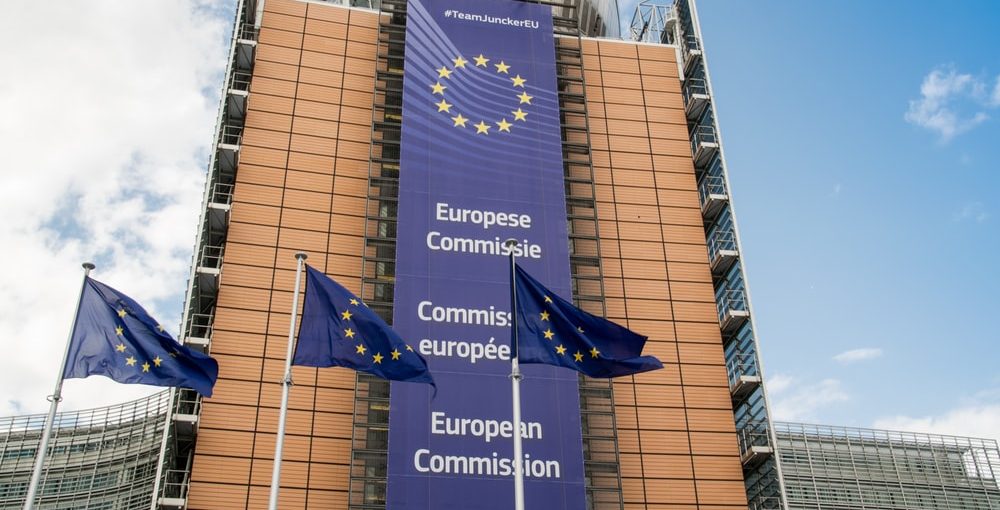Analysts told Doha News that Qatar would have a greater advantage as a leading exporter of liquified natural gas (LNG), a cleaner energy source.
The European Commission has proposed rules to label various gas and nuclear power plants as sustainable investments based on a set criteria under the Taxonomy Complementary Climate Delegated Act, they announced on 2 February.
“Today’s Delegated Act is about accompanying the EU economy in the energy transition, a just transition, as a bridge towards a green energy system based on renewable energy sources,” said Valdis Dombrovskis, Executive Vice-President for an Economy that Works for People.
For over a year, Brussels has been trying to determine whether to consider gas and nuclear energy as green investments in the EU’s taxonomy, which lists criteria needed to label economic activity as green.
The proposal has long received rejection from some members of the EU citing that gas and nuclear energy cannot be classified as green, noting that there is a “lack of scientific evidence” behind the decision.
The members also said the act could threaten the bloc’s efforts to become climate neutral by 2050, accusing the Commission of “greenwashing”.
However, Dombrovskis denied those accusations.
“With today’s new rules, we are also strengthening transparency and disclosures of information, so that investors make informed decisions, thereby avoiding any greenwashing,” he said.
Qatar says it cannot fill Europe’s gas supply alone amid Russia-Ukraine tensions
Last month, the Climate Action Network (CAN) Europe said that the proposal would sacrifice the taxonomy’s integrity.
The proposal will be reviewed by all 27 members of the EU and the European Parliament within the next four months and requires at least 20 member states to object to the act.
If approved, the decision will come into effect as of 1 January, 2023.
The latest development comes amidst an energy crisis that has contributed to a hike in gas prices in the region.
What does it mean for Qatar?
Beyond the EU, the proposal raises questions over what it would mean for the bloc’s gas suppliers, including Qatar, one of the world’s top leading LNG producers.
Analysts believe that whilst it remains too soon to predict the outcome of the decision, the proposal would further encourage the demand for natural gas as a transitional fuel, which works in Qatar’s favour.
“The LNG sector is ultimately a cleaner fuel than oil and other fossil fuels, but at the same time it does come with emissions. But I think if they’re labeling it as green energy, I think that ultimately would encourage further demand in LNG,” Steven Wright, Associate Professor of International Relations at Hamad Bin Khalifa University, told Doha News on Thursday.
Qatar’s leading LNG producer, QatarEnergy, has been working on various initiatives to protect the environment and limit its carbon footprint. This was exhibited when the company changed its name in October last year from “Qatar Petroleum”.
Currently, Qatar is moving towards becoming the largest LNG producer by 2030 through its $28.7 billion North Field Expansion project – the biggest project of its kind in the world.
“Qatar is, if not the world’s largest producer of LNG, the none with the lowest cost point. It also has the ability to transfer its LNG anywhere in the world because it has a tanker fleet, other countries do not have that,” noted Wright.
Commenting on plans to achieve net-zero by 2050, Qatar’s Minister of Energy Saad Sherida Al-Kaabi said that it would be wrong to commit to eliminating planet warming emissions without a proper strategy.
“For me to just come out and say net-zero 2050 would be very sexy, ” he said last year, adding that it is “not the right thing”.
__________________________________________________________________
Follow Doha News on Twitter, Instagram, Facebook and Youtube







